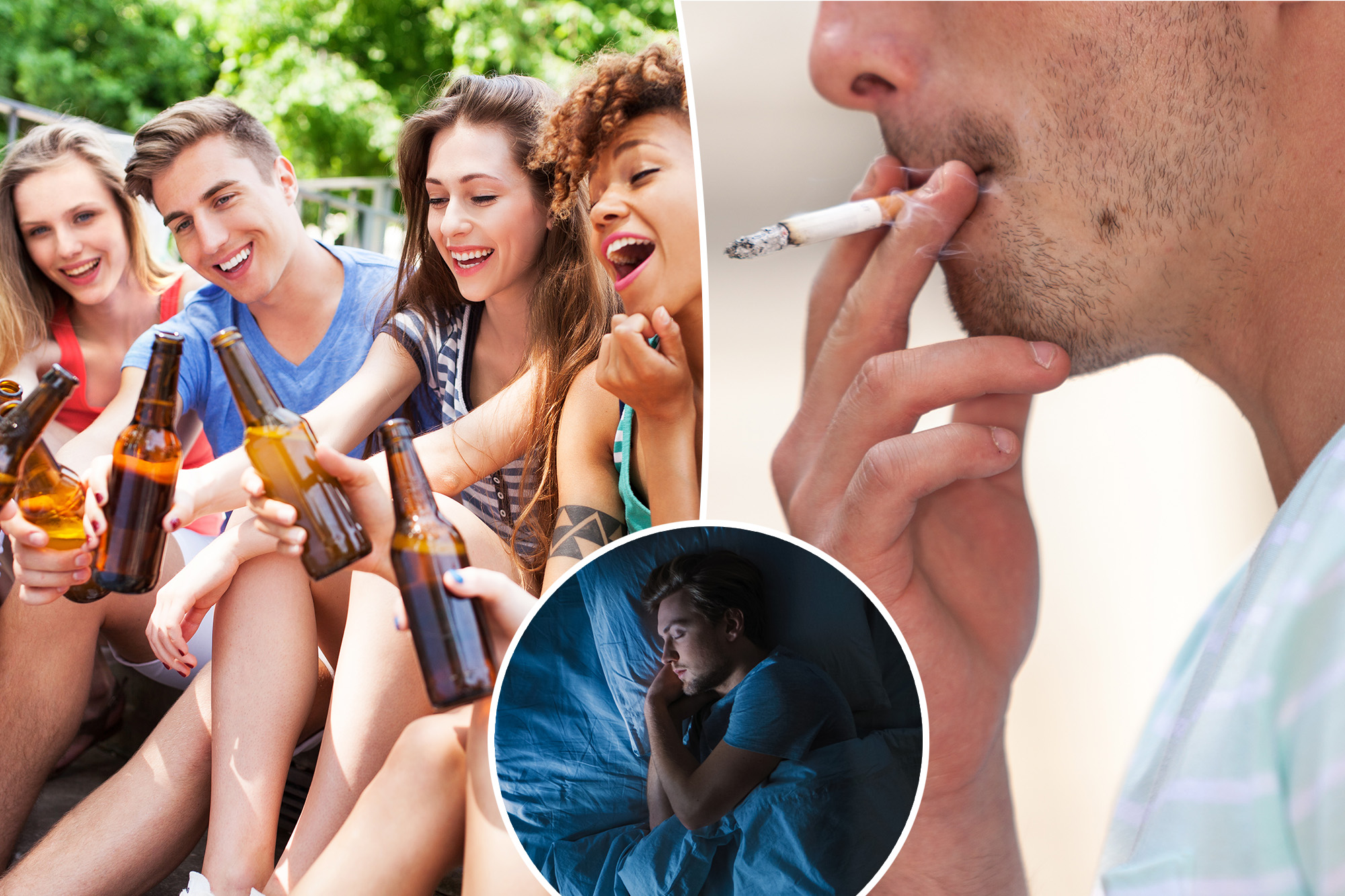Researchers from Flinders University in Australia have identified a new phenomenon called “social apnea,” which highlights how weekend habits can exacerbate symptoms of obstructive sleep apnea (OSA). This study indicates that younger adults, particularly those under 60, are more than three times as likely to experience worsened symptoms during weekends compared to their older counterparts.
Obstructive sleep apnea is characterized by repeated interruptions in breathing due to relaxation of the throat and tongue muscles during sleep. According to the American Academy of Sleep Medicine, approximately 30 million Americans are believed to suffer from OSA, though as many as 80% remain undiagnosed. Untreated, this condition can lead to severe health risks, including heart disease, type 2 diabetes, and cognitive decline.
Weekend Patterns Intensify Sleep Issues
The study analyzed data from over 70,000 individuals worldwide, revealing that participants are 18% more likely to experience moderate to severe OSA on weekends compared to weekdays. This pattern indicates that the prevalence of sleep apnea may be underestimated in clinical settings, as most diagnostic tests occur during the week.
Dr. Lucia Pinilla, the study’s lead author, stated, “Sleep apnea is already a major public health issue, but our findings suggest its true impact may be underestimated.” The researchers attribute the weekend spike in symptoms to lifestyle habits that deteriorate during this time, including increased alcohol consumption and smoking.
Alcohol acts as a relaxant, increasing the likelihood of airway collapse during sleep. Smoking contributes to airway inflammation, further heightening the risk of obstruction. The study found that men experienced a 21% increase in severe OSA on weekends, while women faced a smaller 9% increase. Adults under 60 showed a striking 24% rise in weekend OSA severity compared to just 7% for those over 60.
Sleep Timing and Treatment Compliance
Another significant factor contributing to the weekend increase in OSA severity is sleep timing. The phenomenon known as “social jetlag,” characterized by sleeping in or staying up late, was associated with a 55% increased likelihood of worse OSA symptoms on weekends. In contrast, those maintaining a consistent sleep schedule throughout the week showed no significant variations in OSA severity.
The researchers also noted that even an additional 45 minutes of sleep on weekends could lead to a 47% increase in OSA severity. This escalation is believed to occur because OSA symptoms tend to worsen during rapid eye movement (REM) sleep, which is extended during longer sleep periods.
Inconsistent use of continuous positive airway pressure (CPAP) machines, the primary treatment for OSA, may also play a role in the observed weekend effects. For CPAP therapy to be effective, individuals must wear the device for at least four hours a night on 70% of nights each month. Many younger adults often skip CPAP usage on weekends, reducing the treatment’s overall effectiveness.
These findings provide the first clear evidence that OSA severity can fluctuate on weekends. Danny Eckert, senior author of the study and director of FHMRI Sleep Health, emphasized the importance of comprehensive sleep assessments. He stated, “Relying on a single-night sleep study may miss important variations, leading to underdiagnosis or misclassification of OSA severity.”
To mitigate the weekend effect, researchers recommend maintaining a consistent sleep routine, even during off-hours. Eckert advised, “Try to keep the same sleep schedule throughout the week and weekend, ensuring that you get the recommended 7-9 hours of sleep a night.” Adhering to a fixed wake-up time and using prescribed OSA therapy consistently can help combat the negative impacts associated with social apnea.
